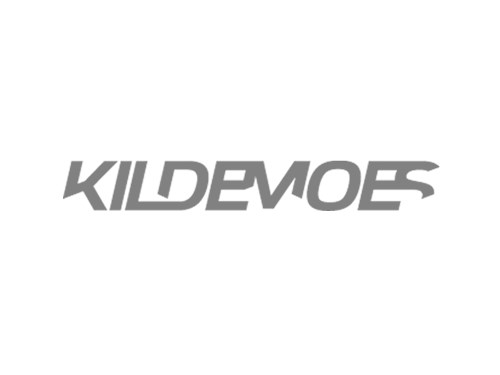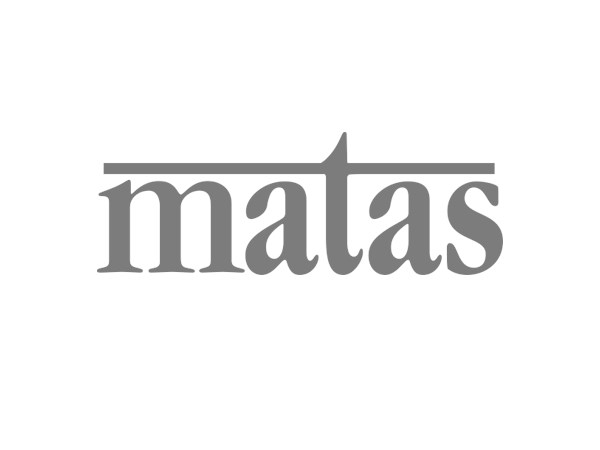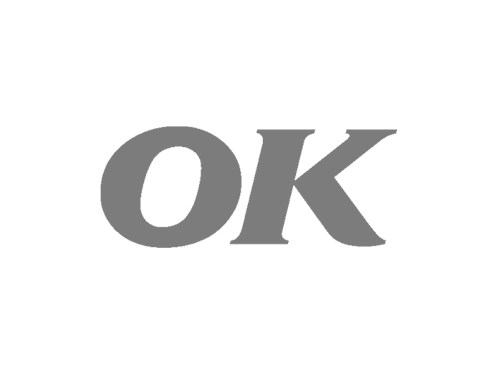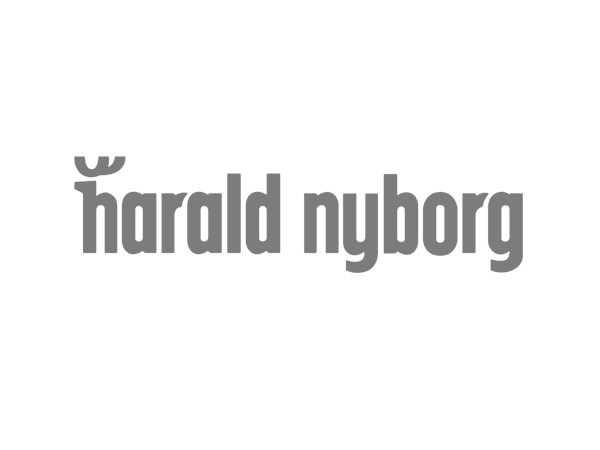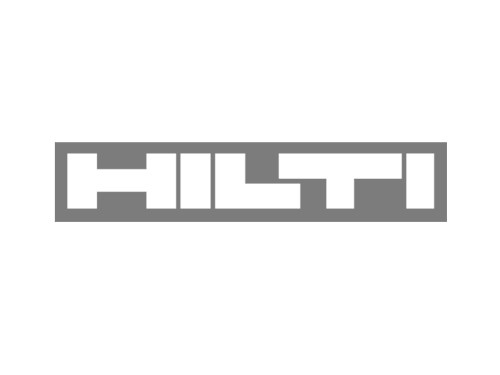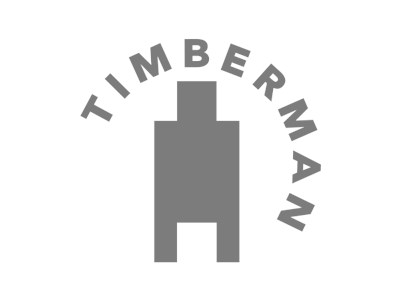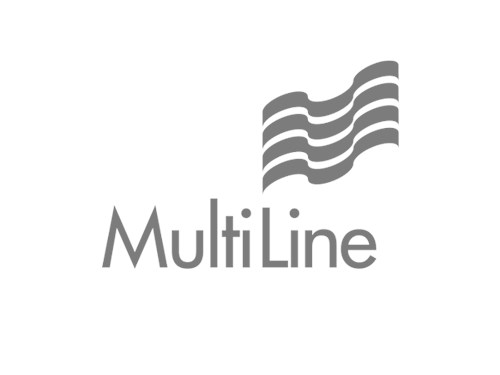The good advice all jobseekers should know
6 September 2019
Job seekers have to consider a lot of things. Once you have finally identified that perfect job you want to apply for, you have to first adapt your CV and then write an application. Both with the purpose of setting you apart from the perhaps hundreds of other applicants for the same position. If you are well-qualified and lucky, you may be invited for a job interview.
Before I took up my position as HR Manager of Danske Fragtmænd, I had experience with HR from Dansk Supermarked (now Salling Group) and JYSK. In these jobs, I read several thousands of applications, held innumerable job interview and hired heaps of employees. Throughout the years, I have developed a clear idea of what employers notice and look for when hiring new staff.
For this reason, in this blog post, I have gathered all my experiences which I would like to share with you who is about to apply for a job.
How to set out your CV
1. Your CV should describe your skills and qualifications. Therefore, make sure to describe your educational background and previous positions. Never lie about yourself and your abilities.
2. Make your CV clear. The employer should be able to quickly form an overview of the applicant without having to struggle through long sections of text. So, make sure to leave room between the contents, use bullet points and subheadings.
3. Keep it brief. It should take up no more than three pages. This sounds like a lot, but space is needed to organise the information.
4. The employer should be able to contact you. So, please remember to clearly state your full name, telephone number and email address on the first page.
5. Remember a phot. This personalises your CV. Make sure to use a new photo where you look like yourself.
How to write your application
1. Be brief and keep your application to a maximum of one page. The application is meant as an appetiser that should make the employer want to know more about you. Therefore, you do not have to include everything. Keep something for the interview.
2. Target your application and be sharp around the professional match. Make sure to highlight the exams, grades, courses, project, previous employment, etc. which are most relevant to the position applied for. You must make sure that you show what your contribution could be.
3. Describe your motivation for the job. Employers like to hire employees who feel passionate about what they do. In other words, you do not always have to focus on what the employer will gain from having you as a colleague. You should also describe what you expect to get out of the job.
4. Drop the typical generalisations. There are many who “enjoy keeping many balls in the air”. Instead, be honest and cut to the chase. You need to make sure you stand out.
How to prepare for the job interview
1. Have a clear idea of where you need to be and how long it will take to get there. You must allow time for a change of tyre or a delayed bus. Being late is a no-go!
2. Try to dress nicely and casually. Naturally, this depends on the company and your personal style so, if in doubt about dress code or attire, look up the company’s social media. Those my help to give you an idea of their culture.
3. Read through your application and your CV before the interview. Be prepared to provide examples of previous employment which backs your skill set. Also, make sure to have references and contact information handy, if they ask for them.
4. Make sure that you have thoroughly familiarised yourself with the company and the position in advance. Preferably, prepare some questions as this makes you appear interested, committed and curious.
5. Be ready to mention a figure if they ask about salary. Be clear about your worth.
Are you a jobseeker?
Presshereto learn more about the career opportunities at Danske Fragtmænd.
 By Frederik Madsbjerg
By Frederik Madsbjerg
HR Manager, Danske Fragtmænd A/S

